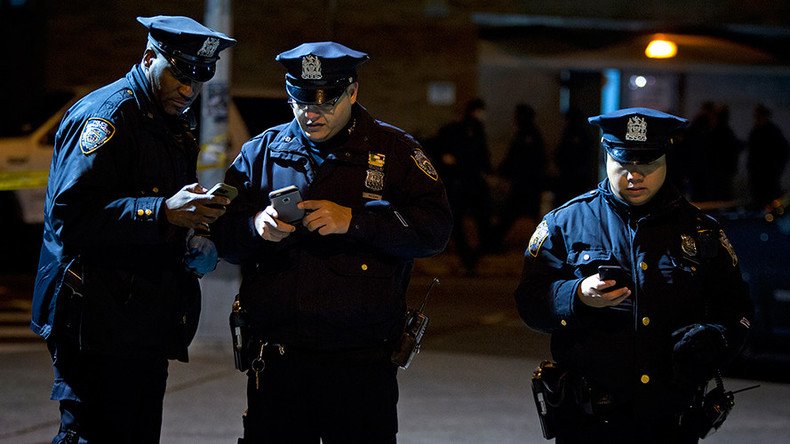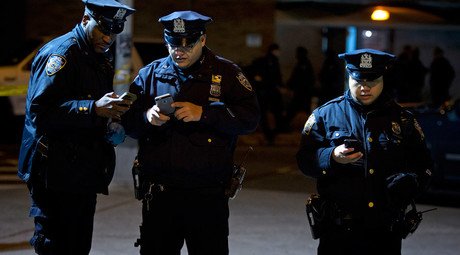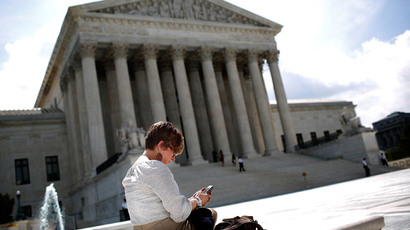Do police need a warrant to access cell phone history? Supreme Court to decide

The US Supreme Court announced it will hear arguments in a landmark case concerning whether law enforcement is required to receive a warrant to obtain a suspect's cell phone location history from wireless carriers.
The case, Carpenter v. United States, will test a defendant's freedom from unreasonable searches and seizures under the Fourth Amendment of the US Constitution, especially in the modern digital age. To justify the law enforcement access of cell records in the case, government prosecutors relied on the Stored Communications Act, a 1986 law which they said does not require a probable cause warrant to obtain customer records.
The American Civil Liberties Union (ACLU), which is representing the defendant in court, says the law is outdated and does not adequately protect Americans, many of whom carry mobile devices with the capacity to hold an immense amount of data.
The Supreme Court now has a chance to explain that the 4th Amendment protects our sensitive digital records: https://t.co/FGjrp56Foa
— Nate Freed Wessler (@NateWessler) June 5, 2017
In agreeing to hear arguments in the case, the Supreme Court will have an opportunity to explain how the Constitution "protects our sensitive digital records,"said Nathan Freed Wessler, an ACLU attorney in the case.
"Because cell phone location records can reveal countless private details of our lives, police should only be able to access them by getting a warrant based on probable cause,"said Wessler.
#SCOTUS grants @ACLU cert petition in Carpenter v. US. Huge privacy case: Can govt grab our historical cell phone data w/o warrant?
— Cecillia Wang (@WangCecillia) June 5, 2017
The Supreme Court has previously avoided hearing cases that have tested law enforcement's warrantless access of historical cell phone location records.
"The time has come for the Supreme Court to make clear that the longstanding protections of the Fourth Amendment apply with undiminished force to these kinds of sensitive digital records," Wessler said.
The case stems from the 2011 arrest of Timothy Carpenter, who was accused of conducting armed robberies at Radio Shack and T-Mobile stores near Detroit, Michigan, over a span of a few months.
Carpenter was convicted of the robberies, in part because law enforcement was able to obtain from his wireless carrier 127 days of the suspect's cell phone location data, revealing 12,898 separate location points in that time period.
The data gave police a trove of private, minute details about Carpenter's entire life, including where he traveled, lived and worshipped. Records accessed by police showed which local cell towers his phone had connected to in order to make or receive calls.
Major wireless companies – such as AT&T, Sprint, T-Mobile and Verizon – receive tens of thousands of requests each year from law enforcement seeking cell site location information (CSLI). In 2016, AT&T alone received more than 70,000 "location demands" from law enforcement.
In court, Carpenter challenged the method of evidence collection, but was still convicted of six counts of robbery. The 6th US Circuit Court of Appeals upheld the lower court's decision, affirming that no probable cause warrant was required based on the Fourth Amendment.
In 2015, the Supreme Court refused to hear a case that questioned whether police have to obtain a warrant to access cell phone location data from wireless carriers. One year prior, the Supreme Court ruled that police must obtain a warrant to search the cell phone of a suspect under arrest.















